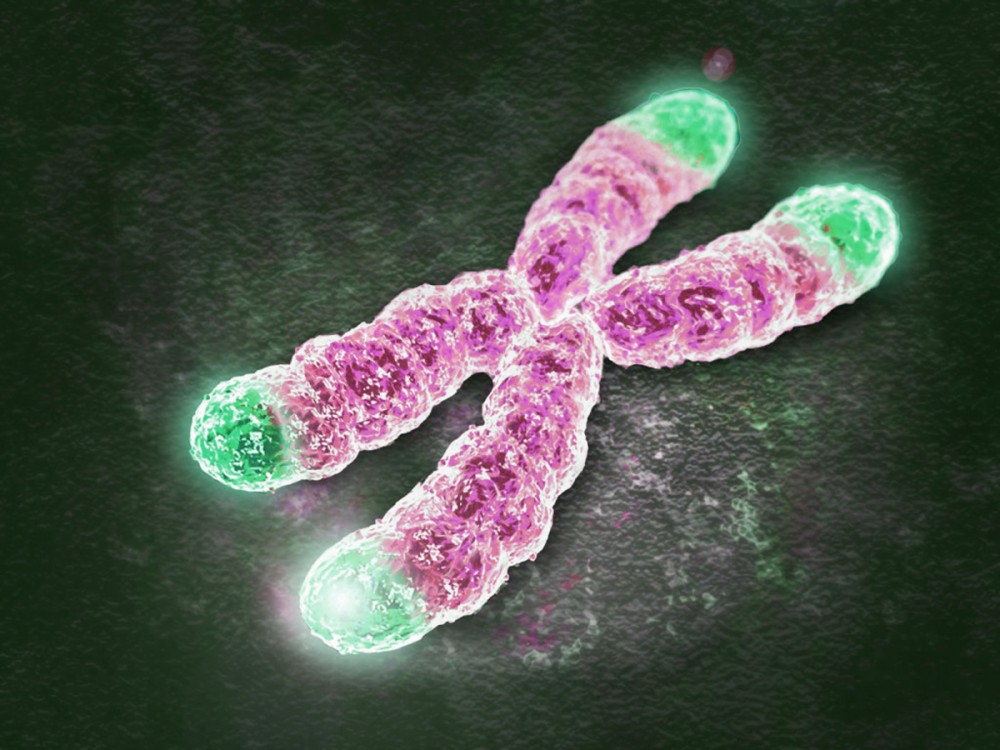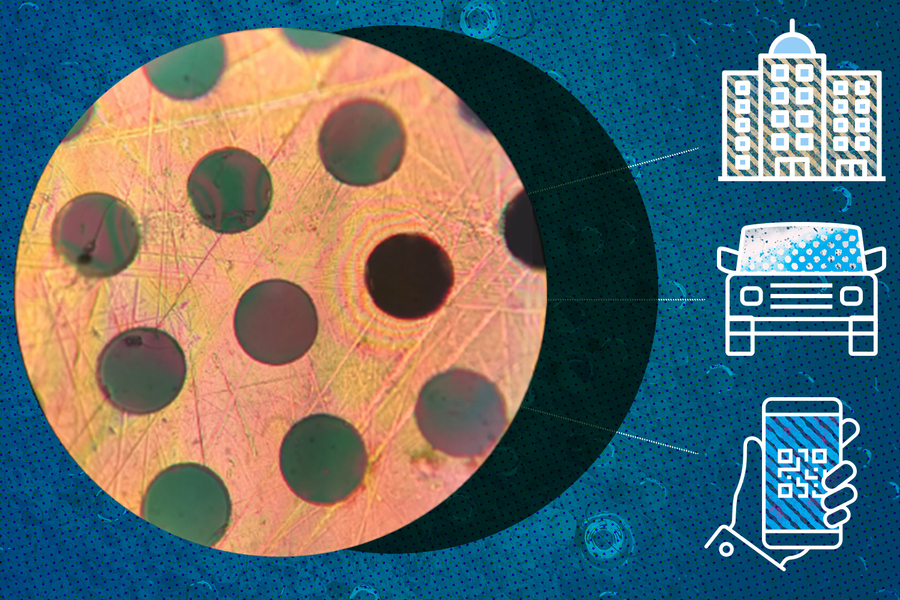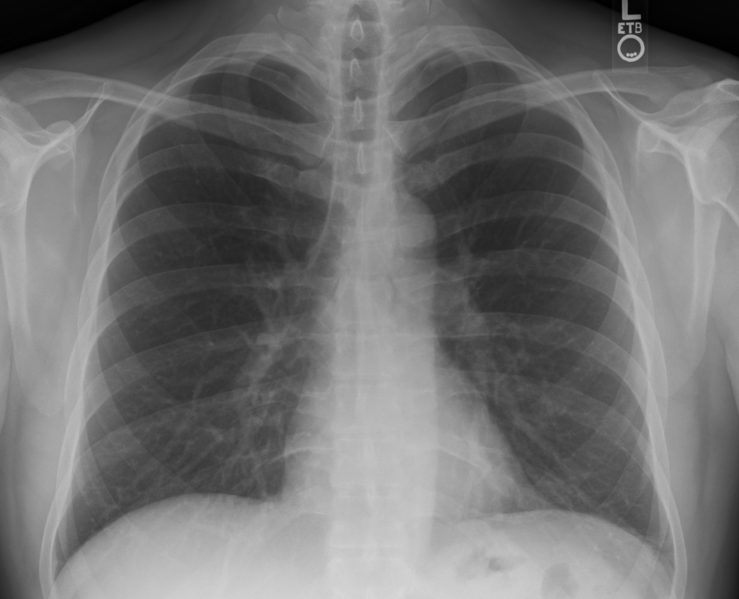Call it what you will: age manipulation, age shifting, senescence reversal, enhanced regeneration, youth inducement, rejuvenation, resurrection, or longevity medicine. By whatever name, scientists are beginning to talk about semi-immortals and even immortals. These concepts have been part of science fiction for decades and part of the human imagination from the beginning, but never part of the discourse of respected scientists. Living longer, much longer, is no longer the fantasy talk of late-night snake oil salesman.
Today, scientists are manipulating the genes of mice and other animals and eliminating senescence, or signs of aging, by turning off cell mitochondrial functions. The first documented age reversal in mammals took place in a Harvard University study in which telomerase activation helped reverse the aging process. Not only did researchers reverse aging when the telomerase enzyme was switched on, but they also caused artificial aging in young mice by switching them off.
This technique and others, so far, have increased the age of several different animals by a factor of 2 to 10. In human terms, this would mean living from 150 to 750 years.
Lucky for scientists, there are animals in nature that seem to have already mastered “aging backward,” including the Moon Jellyfish. According to Harvard geneticist George Church, founder of Veritas Genetics of Boston, reversing aging in humans is plausible.
Some scientists are now focusing on telomeres as the key to turning back the process of aging. The story goes that if telomeres can be kept from deterioration, then aging will cease.
According to futurist Gray Scott, writing for the Institute for Ethics & Emerging Technologies in “Seven Emerging Technologies That Will Change the World Forever,” the emergence of biological age reversal will be available by 2025.
The following video explains a new drug called J147 that slows Alzheimer’s and has reversed aging in mice.







